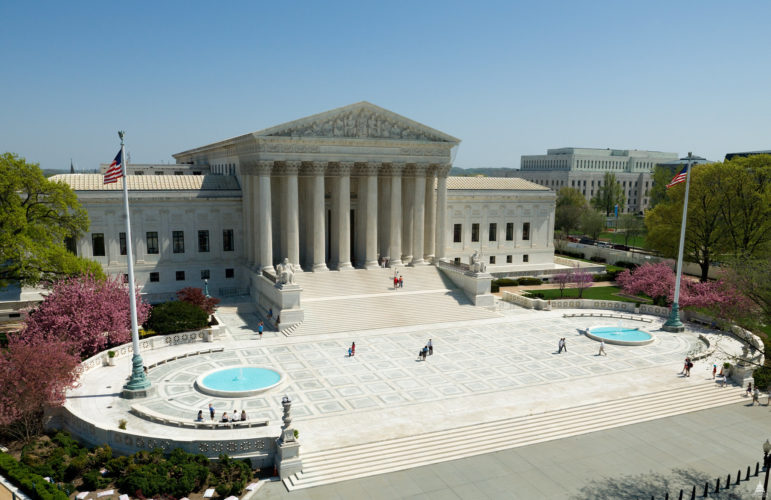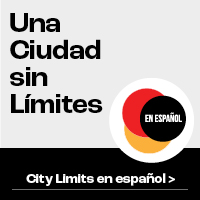
The Supreme Court ruled in the case of State Department v. Muñoz, in which Sandra Muñoz, a U.S. citizen, argued that her constitutional rights had been violated when the federal government denied a visa to her Salvadoran husband, Luis Asencio Cordero. The Supreme Court rejected Muñoz’s request in a 6-3 ruling that followed party lines.

Architect of the Capitol
The Supreme Court.
On June 21, the Supreme Court ruled in the case of State Department vs. Muñozin which Sandra Muñoz, a US citizen, argued that her constitutional rights had been violated when the federal government denied a visa to her Salvadoran husband, Luis Asencio Cordero, with whom she has a son who is also a US citizen.
Muñoz, a civil rights attorney, began the process of obtaining an immigrant visa for her husband after they married in 2010. Asencio Cordero, who had been living in the United States without legal status, had to leave the country and travel to the consulate in San Salvador to complete the process.
But his visa was denied during his interview in El Salvador, out of fear that Asencio Cordero might engage in illegal activities if allowed to return to the United States, despite having no criminal record in either El Salvador or the United States.
In 2017, the couple demanded before the 9th U.S. Circuit Court of Appeals, which ruled that the government had an obligation to give Muñoz a reason for denying him a visa. The U.S. government claimed that Asencio Cordero was a member of the MS-13 gang because of his tattoos, which a gang expert said do not indicate affiliation with the criminal group.
The appeals court ruled in favor of the couple in 2022, but the Biden administration asked the Supreme Court to overturn the ruling, arguing that since Muñoz and Asencio Cordero could choose to live outside the U.S., their right to marry had not been violated.
Biden administration lawyers argued that immigration officials have broad discretion over whom to admit into the country. They also said requiring the government to disclose specific details about the screening and intelligence analysis used in such decisions would slow down the process and pose a risk to public safety.
The Supreme Court rejected Muñoz’s request in a 6-3 ruling that followed party lines. So to talk about the case and its implications, we invited Ivan Vargas, an immigration attorney with the Coalition for Humane Immigrant Rights (CHIRLA), which was one of the organizations that supported the case.
More details in our conversation below.
City Without Limitsthe Spanish-language project of City Limits, and El Diario de Nueva York have joined forces to create the podcast “The Diary Without Limits” to talk about Latinos and politics. To not miss any episode of our podcast “El Diario Sin Límites” follow us on Spotify, Soundcloud, Apple Pódcast y Stitcher. All episodes are there. Subscribe!






